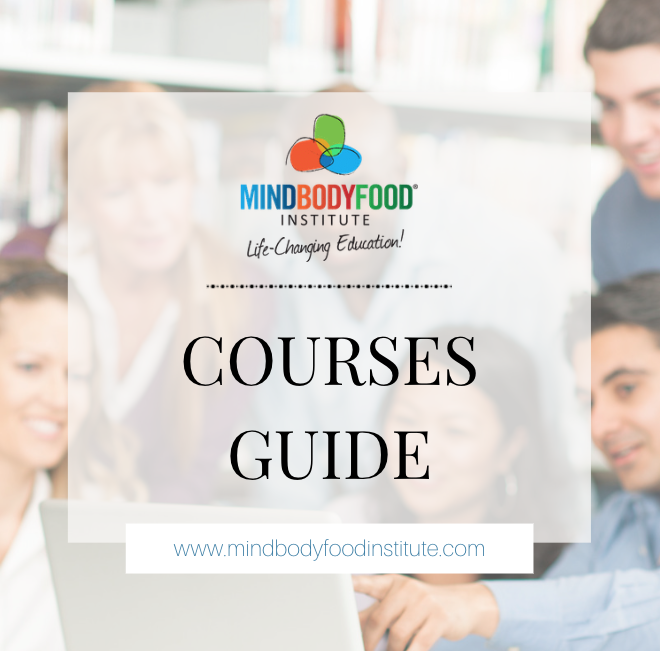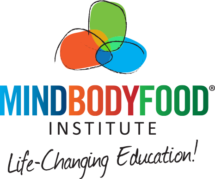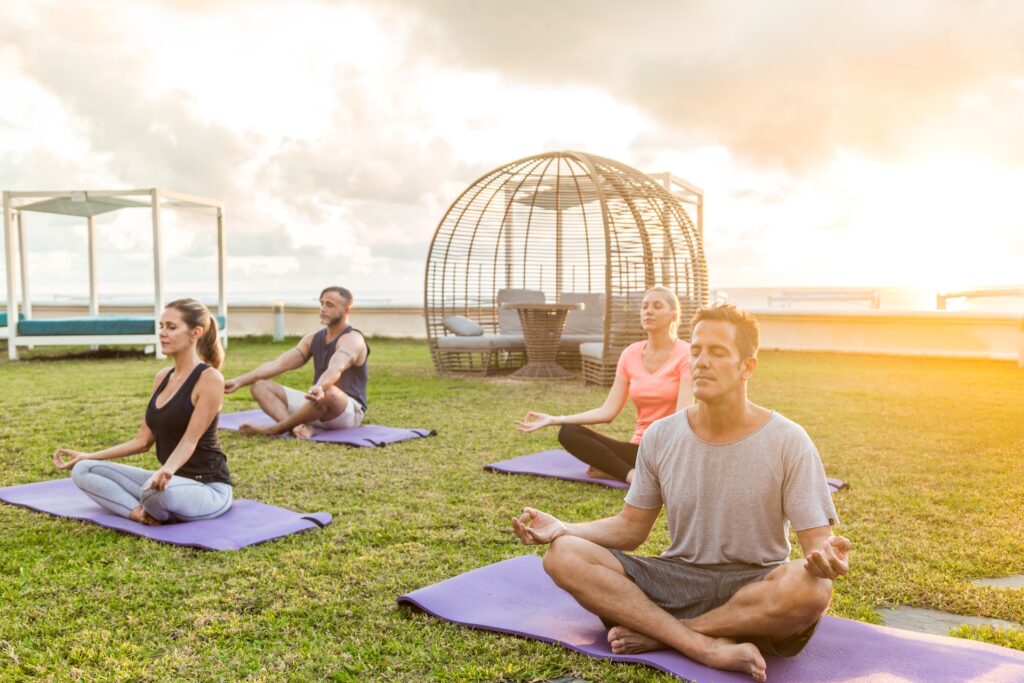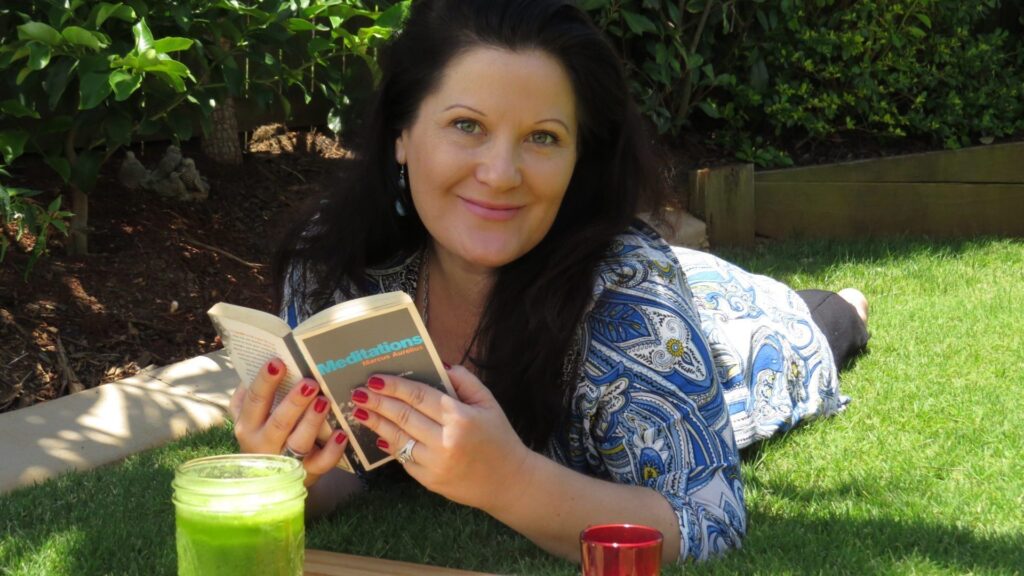Dear Reader, I hope this blog post turns out to be a very inspiring one for you! Here, I am going to talk to you about how to find the inspiration and the tools you need to make your journey into the world of learning an easier one.
Many of us left school in what feels like a century ago, and now we have decided to work on our personal development by going back to studying. But, what at first seems like an exciting new adventure, soon turns sour. Why is this?
Studying later in life is indeed difficult – we are not babies anymore. Experts have made it clear for many years that our brain is not as ‘highly functioning’ as those of children; if we add this to the fact that we live in COVID times, and that computers are the new textbooks, it sounds like a hard-to-fight uphill battle. Discouraged already?… Hold on!
What if I told you that what experts have been claiming about our brains was not exactly right?
Our brains are full of potential regardless of our age. It is true, children will still get to learn things slightly faster, but this is thanks to things such as playing, role plays and being exposed to a new world for the first time. Their neurological connections are stronger, and neuroplasticity works 100% of the time for them.
For us adults, neuroplasticity won’t happen as easily. We must do the work consciously.
So… How do you snap out that ‘brain fog’ you suffer? How can you find the strength to focus? How can you say goodbye to procrastination for good?

Here are 5 tips to becoming a better learner later in life:
1. Avoid Multitasking
Did you know that multitasking can actually lower your IQ? Multitasking teaches your brain nothing but to not be able to focus properly. So, remember, you are not being more productive if you do more. If anything, you are saying goodbye to some of your IQ! Do one thing at a time. There is nothing like being fully present in one task.
2. Work in a Distraction-Free Environment
Put your phone away! You don’t need to have your phone with you while you are studying. Every notification, and every buzz, is there for you to keep you distracted. Your phone wants all your attention, so put it on silent, or even better, leave your phone in a different room! Use screen time blockers to stop you from having access to your favourite apps while studying.
3. Use a Weekly or a Monthly Planner to Organise the Content You Wish to Study
Slow and steady progress will make much more of a difference than being in a rush.
How many times back in high school, or even university, did you leave things until the very last minute? Only to have to stay awake reading like a crazy person the night before the exam, to then ‘vomit’ everything you knew in your test the day after, to finally forget 99% of everything you ‘learned’ only a day after that!
So, we always recommend that you set realistic goals. Predict weekly events that might stop you from studying, and include them in your planner. It is better to plan less content and then realise that you have some extra time, than to overplan and then feel overwhelmed because you don’t have time to cover the content.
4. Sleep
This one is simple. If your brain does not have time to ‘recharge’, it won’t be able to do its job properly. This is when that awful brain fog will kick in, and we don’t like brain fog, do we?
4. Take Breaks When You Study
Jim Kwik, the author of the highly recommendable book Limitless, talks about the POMODORO technique.
Kwik emphasises the importance of taking breaks frequently. This technique asks you to work for 25 to 30 minutes maximum, to then take a 2 to 5 minute break to move around, stretch, breathe and drink water.
Your brain benefits from movement, so if you get up and move every few minutes, you will stay active, and your brain will be ready to work!
5. Mindset is Everything
In one of his talks for Mindvalley, Jim Kwik also talks about BEFAST and how this is of extreme importance to effectively learn anything in life.

Let’s take a look at what BEFAST comprises:
a) BELIEVE
All behaviour is belief driven. Therefore, if you believe you cannot learn something, you will be right. You will be sabotaging your chances of a positive outcome. In the same way, if you believe you can, you will be right too!
Which one would you prefer to believe in?
Just so you know, your self-talk has a huge impact on your memory. If you tell yourself that you are not good at remembering other people’s names, it is likely you won’t remember the name of the next person you meet. You are conditioning your brain and beliefs by your repetitive self-talk.
What you tell yourself, you become!
b) EXERCISE
Your brain needs you to move. If you move, your brain grooves. The more active you stay, the healthier your brain will be, SIMPLE!
c) FORGET
Be ready to forget everything you have learned about a specific topic before. Face content as new. Focus on only what you are learning now, and forget about the rest. Make space in your mind for curiosity.
d) ACTIVE
When studying, takes notes, ask questions, be curious to explore extra content, participate, get in touch with other students, and even volunteer at organisations whenever possible.
e) STATE
Humans do things emotionally.
As Jim Kwik says, ‘All Learning is state dependent’. That’s why if you find something boring, you will most likely struggle to learn it, or you won’t learn it at all.
Ask yourself: Why must I study this? Who is going to benefit from me knowing this?
Bring a powerful emotion to support your learning. There is nothing like having a good reason in life. A good reason will push you to take action. Hence, this motivation will successfully inspire you to achieve your goal.
f) TEACH
Learn things with the intention to teach something else. Remember that the only way you have to teach someone something is by understanding it yourself first.
References:
- 6 Keys to Learn anything faster – https://www.youtube.com/watch?v=fmlvpMXOiOQ
- Limitless: Upgrade Your Brain, Learn Anything Faster, and Unlock Your Exceptional Life – Written by Jim Kwik (2020)
Featured image by Green Chameleon on Unsplash.
Author:
Maggie
Maggie Asensio is a Holistic Life Coach and Mind-Body Practitioner, a student of Counselling and a Teacher. Maggie is founder of the School of Vida where she focuses on helping her clients navigate the challenges of being in the middle of a life transition. At School of Vida ambitious individuals can become comfortable with the uncomfortable, by learning to embrace change and thrive in their new reality. Maggie is all about finding the motivation and the discipline necessary to achieve one’s goals. Find her on Instagram or her website.
DOWNLOAD OUR COURSES GUIDE
Learn More About Our Course Offerings and Discover Which New Wellbeing Career Best Suits Your Passion!








